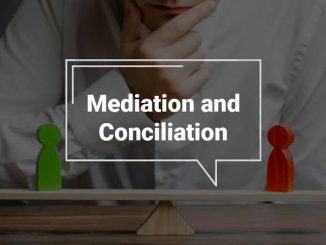
Adoption Laws and Regulations in Scotland
Adoption Laws in Scotland The adoption laws in Scotland prioritize the best interests of the child, ensuring that their welfare is the primary consideration throughout […]

Adoption Laws in Scotland The adoption laws in Scotland prioritize the best interests of the child, ensuring that their welfare is the primary consideration throughout […]

Adoption Process in Scotland In Scotland, the adoption process entails a comprehensive evaluation of prospective adoptive parents’ eligibility, encompassing considerations such as age, health, and […]

Final Order Divorce Final order divorce signifies the legal termination of a marriage and establishes the terms of the divorce settlement, including matters such as […]

Mediation and Conciliation Mediation and conciliation are both effective methods for resolving disputes, but they differ in their approach and level of third-party intervention. When […]

Vision Canada Immigration Vision Canada immigration aims to create a welcoming and inclusive society that harnesses the talents and diversity of immigrants to drive economic […]

Divorce Rapaide Divorce rapaide seems to be a term that merges “divorce” with “rapide,” which translates to “rapid” or “fast” in French. It likely denotes […]

Shakira’s Divorce Shakira’s divorce from Gerard Piqué marked the end of an era in the couple’s decade-long relationship, sparking conversations about love, resilience, and new […]

Beyoncé and Jay-Z’s Affair Beyoncé and Jay-Z’s affair rocked the entertainment world when Jay-Z publicly admitted to infidelity in their marriage, prompting widespread speculation and […]

Child Support Laws in Maryland One crucial aspect of family laws in Maryland is child support, ensuring that children receive the financial support they need […]

Miley Cyrus’s Divorce Miley Cyrus’s divorce from Liam Hemsworth highlighted the challenges and complexities that can arise in even the most high-profile relationships. In the […]
Copyright © 2024 | Crafted by Team NCLawyersForYou